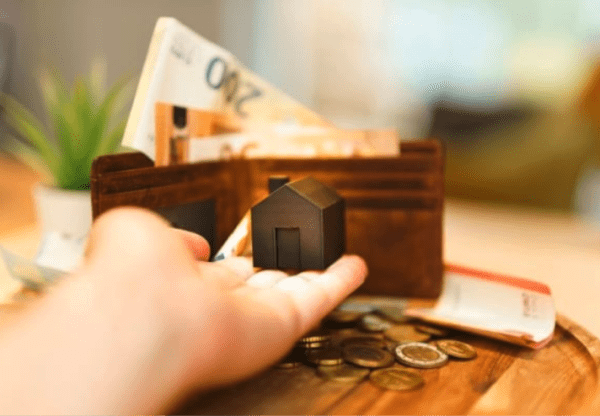 Selling your house can feel like a daunting and overwhelming process, especially when your primary goal is to secure the highest possible price for your property. The real estate market is a dynamic environment that is constantly shifting and evolving, influenced by a variety of factors such as economic conditions, buyer demand, seasonal trends, and broader market forces. Despite these fluctuations, homeowners can still take strategic and proactive steps to maximize their returns regardless of whether it’s a seller’s market, a buyer’s market, or a more balanced situation. This article will guide you through the most effective methods and practical tips to sell your house for top dollar, even when facing challenging market conditions or uncertainties.
Selling your house can feel like a daunting and overwhelming process, especially when your primary goal is to secure the highest possible price for your property. The real estate market is a dynamic environment that is constantly shifting and evolving, influenced by a variety of factors such as economic conditions, buyer demand, seasonal trends, and broader market forces. Despite these fluctuations, homeowners can still take strategic and proactive steps to maximize their returns regardless of whether it’s a seller’s market, a buyer’s market, or a more balanced situation. This article will guide you through the most effective methods and practical tips to sell your house for top dollar, even when facing challenging market conditions or uncertainties.